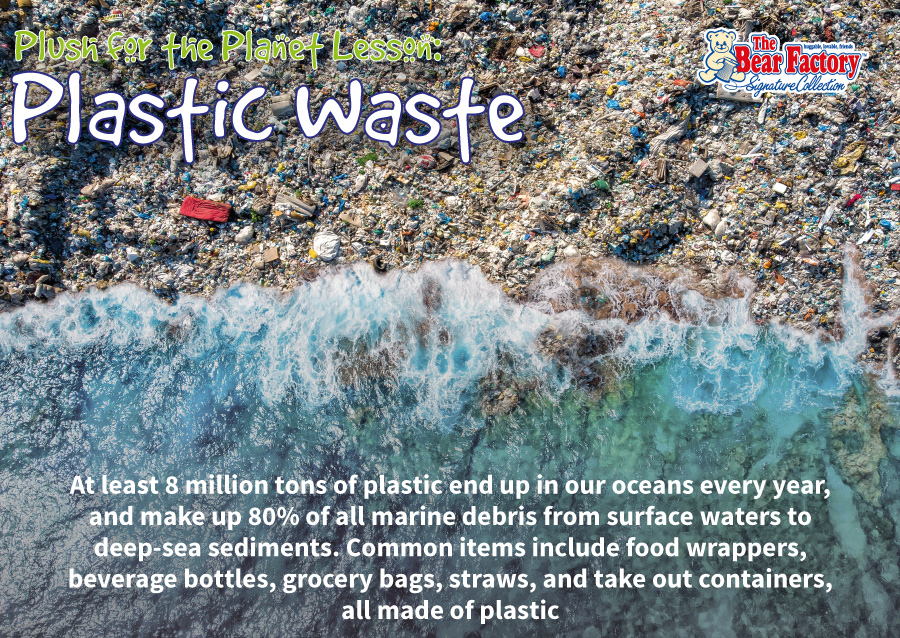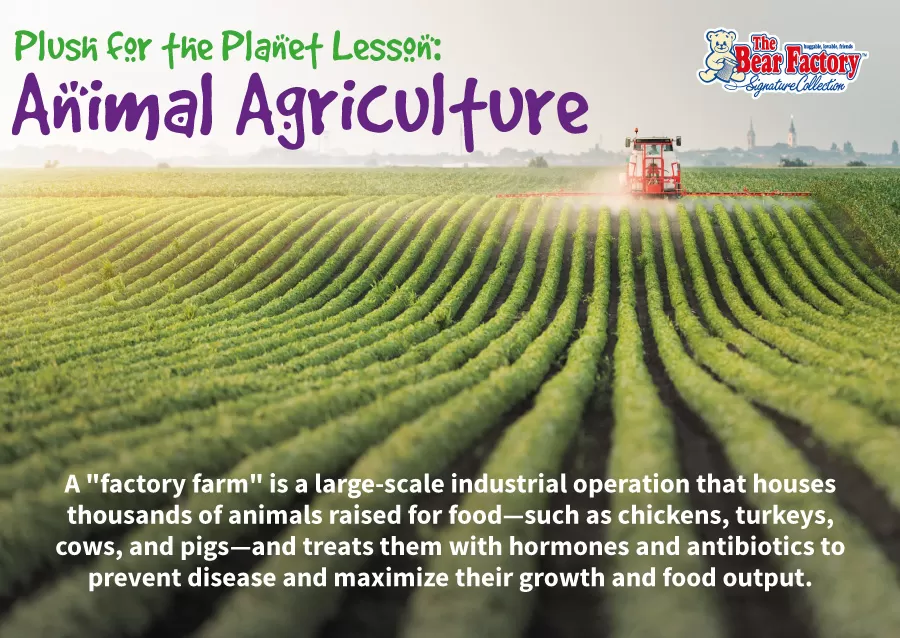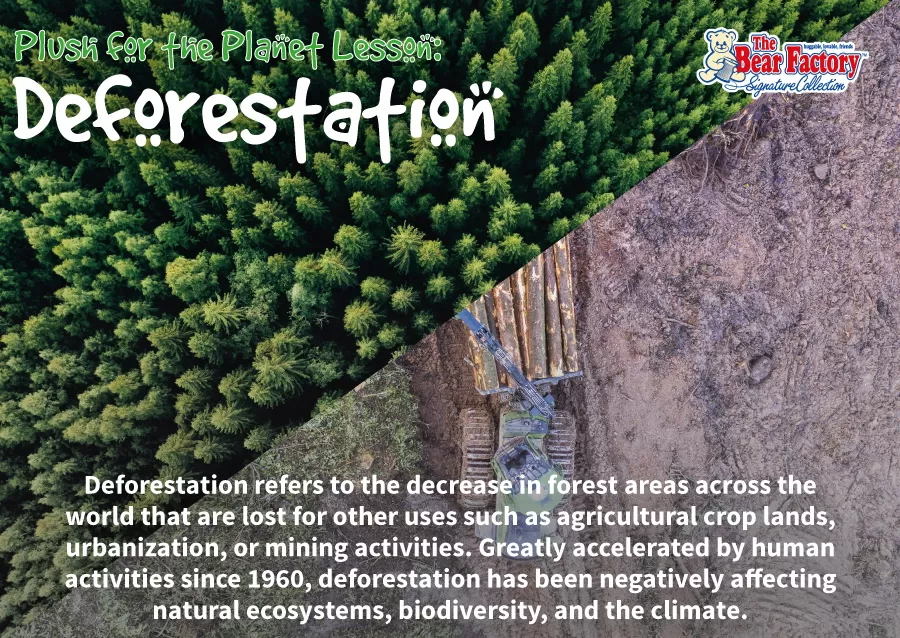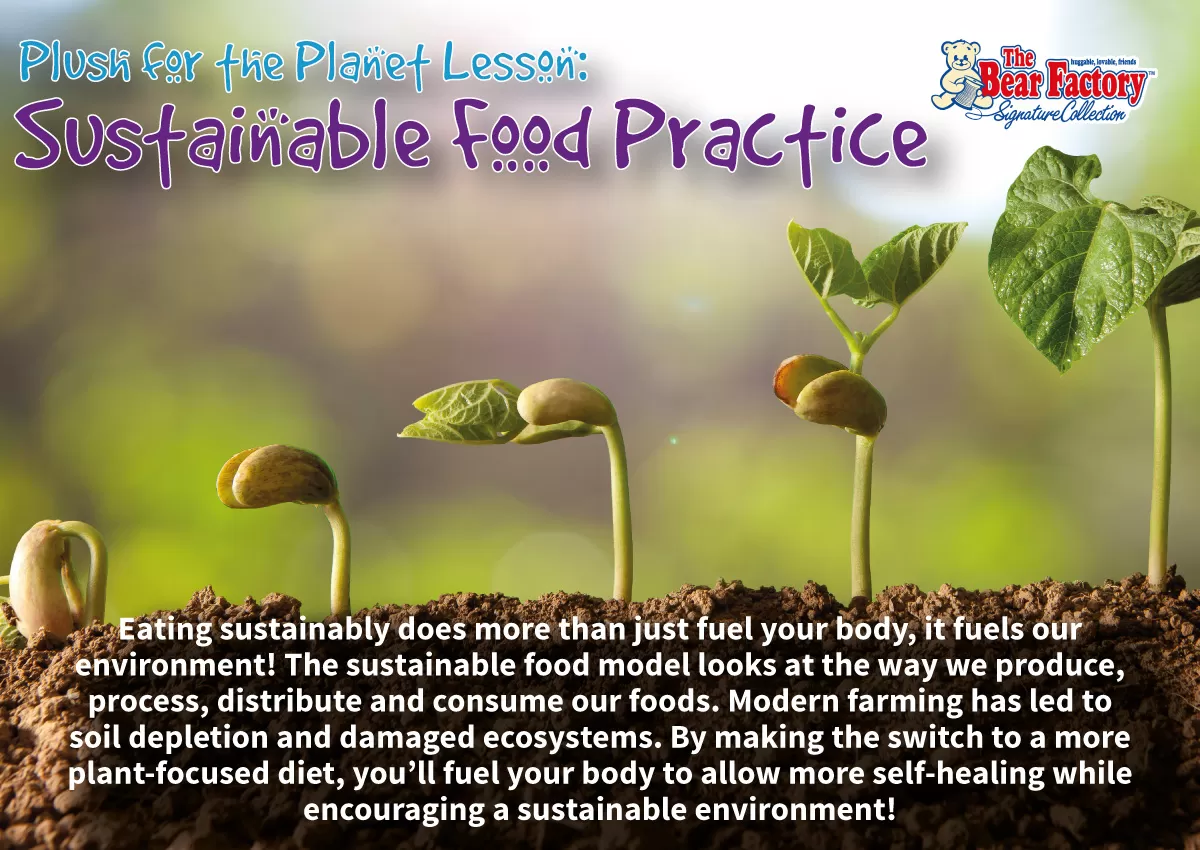Project 20
It Began With a Question
In 2018, as we reflected on our 17 years in business and the transition to second-generation leadership, we began asking critical questions: “What materials are we using?” and “How much packaging do we go through?” Manufacturing has historically produced large amounts of waste, but we wanted to change that.
Since then, we’ve committed to transforming our operations and adopting sustainable practices through Project 20. As we marked 20 years in 2021, we invited our customers and partners to join us in implementing more eco-friendly practices for the benefit of our planet and communities.
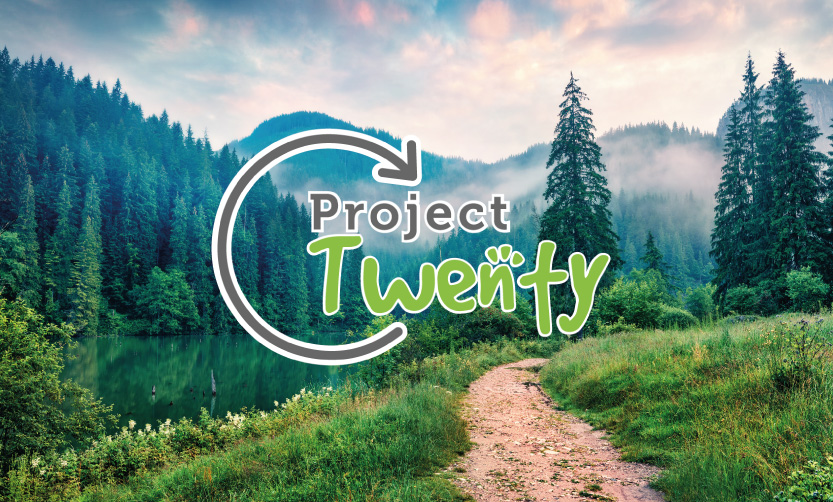
Our Commitment
Product Line
Since 2021, we’ve been committed to transitioning 20% of our product line to items made of sustainable materials.
Packaging
Throughout 2021 and beyond, our goal is to reduce our plastic use by 80% by incorporating sustainable packaging solutions by employing biodegradable and compostable alternatives.
Energy Usage
Since October 2019, we’ve transitioned to an energy-efficient operation with the support of LED lights, smart thermostats, and motion-activated switches for enhanced energy savings.
Waste & Recycling
“Reduce, Reuse, and Recycle” is the name of the game and we’ve reduced our waste by 70% throughout our distribution channels and operations.
Partnerships in Action
At The Bear Factory, we are dedicated to supporting organizations that align closely with our core values of quality, sustainability, and fostering a better world for our children. Through our philanthropic partnerships, we actively contribute to initiatives that make a positive impact on communities and the environment.
We collaborate with organizations focused on children’s welfare, environmental conservation, and sustainable practices. By partnering with these like-minded entities, we aim to create meaningful change and leave a lasting legacy of care and responsibility.
Together with our customers and partners, we strive to build a brighter future—one plush toy at a time. Explore how The Bear Factory’s commitment to quality extends beyond our products to making a difference in the world around us.


2021 Sustainability Report
2021 marked our 20th year in business so we decided to invite our business partners and customers to join us as we implemented more sustainable business practices for the betterment of our planet and stake holders. As part of this initiative we set specific company wide goals around the focus of leading by example when it comes to operating a sustainable business.
This report is the sum of these efforts over the last year and the progress we’ve been able to make. Our final goal is to inspire other like minded companies to also look at how they can implement similar practices into their business model for the betterment of our communities, planet, and all stake holders related to their business.
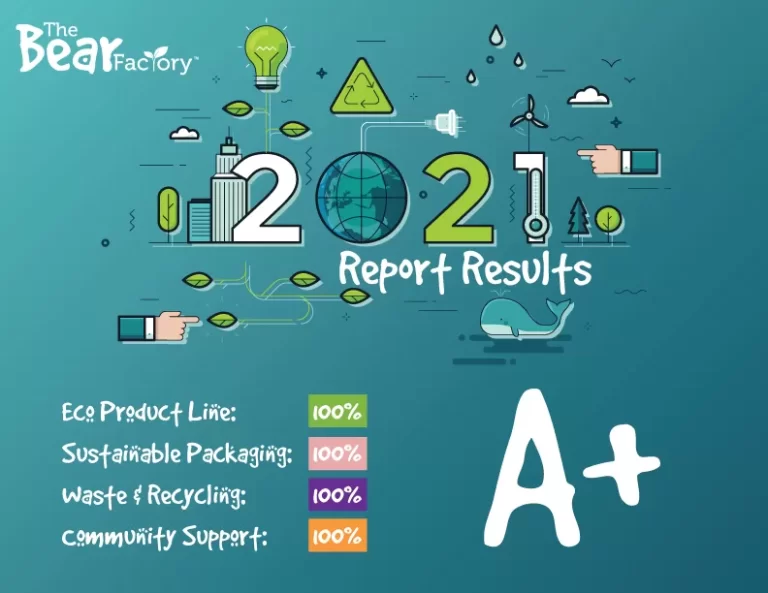
Conservation Corner: Education Postcards
Download and print these free postcards to help educate children and adults alike on various environmental topics.
Click the picture for a Print-ready PDF.

